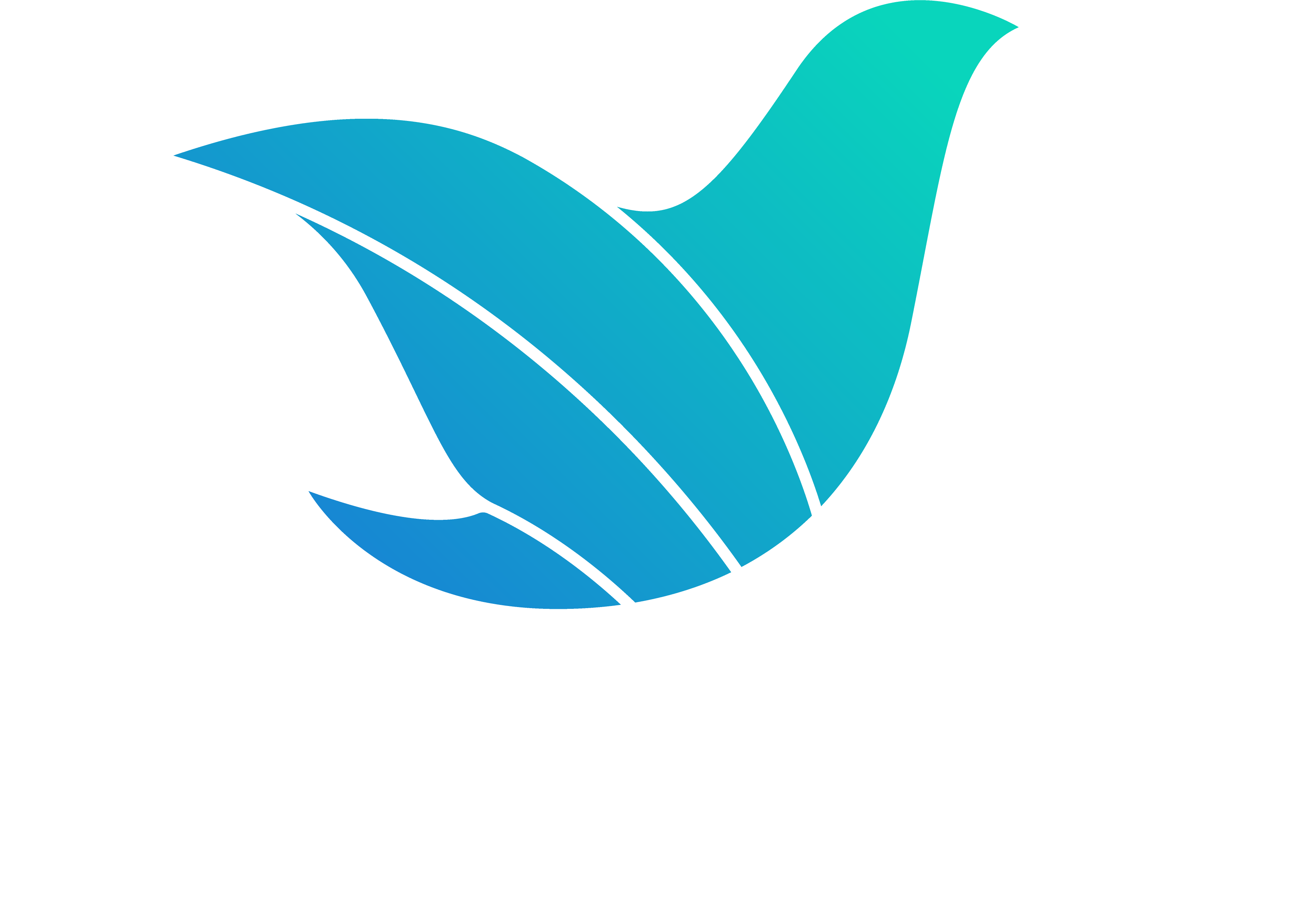As a startup founder, one of your most crucial responsibilities is building the right team to drive your business forward. But with limited resources and a constantly evolving landscape, navigating the complex world of hiring can be a daunting challenge.
Should you opt for full-time employees, who offer long-term commitment and deep organizational knowledge? Or should you explore the growing pool of fractional talent, which provides on-demand access to specialized expertise and greater flexibility?
In this blog post, we’ll examine the pros and cons of both approaches, empowering you to make the most strategic hiring decisions for your startup’s unique needs and growth trajectory.
The Advantages of Full-Time Hires
Traditional full-time employees offer several compelling benefits for startups:
- Commitment and Ownership: Full-time hires are seen as deeply invested in the success of the company, often with equity incentives that align their interests with yours.
- Organizational Knowledge: Over time, full-time employees develop a deep understanding of your company’s operations, processes, and culture, which can be invaluable as your business grows.
- Continuity and Stability: Retaining a core team of full-time employees can provide a sense of consistency and reliability, especially during periods of rapid change.
- Specialized Expertise: Depending on your needs, you may be able to recruit highly specialized, full-time talent to tackle complex challenges.
The Downsides of Full-Time Hires
However, the full-time hiring model also comes with some significant drawbacks for startups:
- High Overhead Costs: Salaries, benefits, payroll taxes, and other employee-related expenses can quickly add up, straining already tight startup budgets.
- Inflexibility: Onboarding and offboarding full-time employees can be a lengthy, resource-intensive process, making it challenging to scale your team in step with evolving business needs.
- Skill Gaps: Early-stage startups often lack the resources to hire full-time experts across all essential business functions, leading to critical knowledge gaps.
- Hiring Risks: The wrong full-time hire can be a costly mistake, diverting valuable time and capital away from growth priorities.
The Rise of Fractional Talent
In contrast, fractional workers – also known as on-demand or flexible talent – offer a more agile, cost-effective alternative to traditional full-time hires:
- On-Demand Access to Expertise: Fractional professionals provide startups with immediate access to specialized skills in areas like marketing, finance, operations, and more, without the commitment of a full-time hire.
- Flexible Scaling: Fractional workers can be engaged for daily, weekly, or monthly increments, allowing startups to easily scale their teams up or down in response to evolving business needs.
- Cost Optimization: Startups only pay for the specific time and skills they require, avoiding the fixed overhead costs associated with full-time employees.
- Reduced Administrative Burden: Fractional workers handle their own taxes, benefits, and other HR-related matters, freeing up founders to focus on core business priorities.
- Knowledge Transfer: Many fractional professionals have experience working with other startups, bringing valuable insights and best practices to the table.
Striking the Right Balance: Integrating Fractional Talent into Your Startup
While the advantages of fractional hiring are compelling, it’s essential to strike the right balance between full-time and the rate that the company spends its cash on talent. After all, for any size company, talent is going to be the #1 fixed cost behind the product or service that it brings to market. Have you considered whether hiring full-time is the right thing to do for your company?
